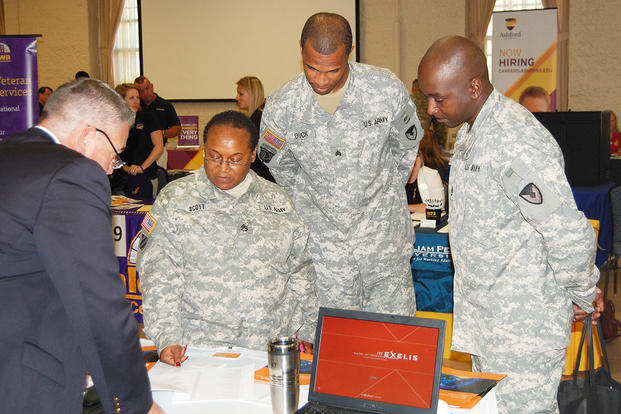Question: Our CEO has said she wants us to hire more veterans. Unfortunately, our advertising, marketing, and outreach is not producing any viable candidates. How can we improve our success rate in attracting qualified military veteran job applicants?
Answer: Congratulations on making the smart decision to hire veterans! You will soon see the benefits of recruiting, hiring and engaging with veteran talent are far greater than the frustration you are experiencing right now.
Let’s look at ways you can improve your success rate in attracting veterans:
1. Sell the Why
Are you selling the vision of the company and the work you do? Veterans are very mission-driven and are passionate about serving a purpose in their civilian career. If you are recruiting for a warehouse manager, for instance, are you focusing your job postings on the tactical requirements of the job, or do you highlight your needs for strong leadership skills, people skills, and attention to detail. How does a warehouse manager serve a purpose in ensuring your products are safely delivered to customers? Is the warehouse manager responsible for the development of a diverse team? Using language that speaks to a sense of team, collaboration and leadership will attract a veteran applicant.
Similarly, your recruiters should be able to clearly communicate the company’s “why” – what mission or purpose does the company serve? How does the company culture support this purpose? When your recruiters can articulate the greater purpose of the company, veteran applicants will see the appeal.
2. Go Where the Veterans Are
When recruiting any candidate, it’s important to go where they are. To be around veterans, consider recruiting on local military bases or installations. Often, service members want to stay in the location of their last duty station, and when they separate from the military they will look for a job nearby.
Similarly, there are veteran-specific job fairs and career gatherings. At these events, you’ll be surrounded with job seekers from all branches and all jobs. You should be very specific about the positions you are seeking to fill, with a clear picture of the skills, backgrounds, and experiences the ideal veteran candidate will need to have to successfully compete for those jobs.
Also, consider veteran-related community organizations. Many local organizations provide support, guidance and resources to connect veterans to employers, and may have a highly desirable job applicant pool from you to choose from.
3. Use Online Tools
Social networking provides tremendous insight and opportunity to position your open jobs and source candidates. Consider positing your open positions into military-specific job boards and forums online where veterans will see them. Just as with a job fair, be very detailed about the background, military experiences, and training you’re looking for from a qualified applicant. The more you can tell the applicant about the requirements, the better the results.
Sourcing online is proven highly effective for civilian and veteran candidates. Look for keywords in the military background that relate closely to the position you’re hiring for. In some cases, the candidate might not be skilled at translating their previous career into a civilian language. The more you can help them with that, the better your sourcing results.
4. Train your recruiting partners on reading resumes
In many cases, a military veteran’s resume might read differently from a civilian applicant’s. If the veteran has not adapted and translated their skills and training into civilian language, it will be hard to see how their background qualifies them for the jobs you’re seeking to fill. Train your recruiters on basic understanding of skills, experience, terms, and technology used in a military context so they can see the parallels.
Then, in screening candidates, be sure to ask veteran applicants to describe their skills more fully. Encourage the candidate to expound on situations which required hard and soft skills, not just technical training.
5. Make it known that you want to attract and hire veterans
When you attend a networking meeting, community event or social gathering, let your colleagues and friends know you’re looking to hire veterans. The veteran community is tight knit and loyal; they will help you spread the word.
Similarly, add marketing onto your website and “Careers” page making it obvious that you encourage veteran candidates to apply. Be sure to use accurate terminology, language and images to attract veterans.
Sourcing and attracting veteran job applicants might seem challenging, but once you figure out the formula that works for your company, you will create a momentum within the veteran community. Treat them right, look beyond the resume, and when you hire them, ask who else they know who might be interested in working at your company. Then, enjoy the MANY benefits of engaging with veteran talent!





